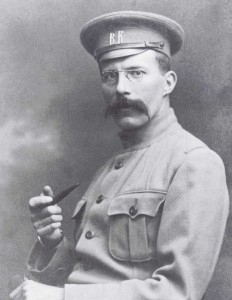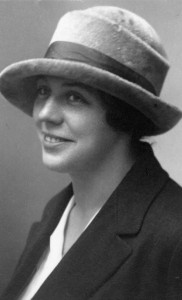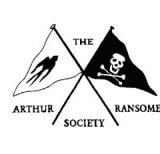
A month later, in May 1913, Ransome set off for Russia, staying in St Petersburg for three months while he learnt Russian to conversational level and collected Russian folk-tales. On his return to England, he published a rhyming version of Aladdin and the story Blue Treacle. In 1914 and 1915 Ransome paid several more visits to Russia, and completed Old Peter’s Russian Tales. In November 1915 he returned once again to Russia, this time as correspondent for the Daily News, basing himself in Moscow where he spent an eventful four years reporting on the Revolution and its aftermath. His presence in Russia was also known to British Intelligence, to whom Ransome is thought to have passed on information, but it seems that his independence of mind did not make him acceptable as an agent.

In 1917, while seeking an interview with Leon Trotsky, Ransome met Trotsky’s personal secretary, Evgenia Shelepina, and a relationship developed. In the summer of 1919 Ransome returned to England and published Six Weeks in Russia in 1919. Later that year, he brought Evgenia out of Russia in dangerous circumstances, the couple reaching safety in Reval, Estonia. On arrival, Ransome suffered from a bout of serious gastric illness, a problem which was to plague him throughout his life. Based in Reval and later in Riga in Latvia, Ransome reported on Russian affairs for the Manchester Guardian until 1924. While in Riga, he had a 30-foot sailing boat built, the Racundra, in which he made a Baltic voyage, an account of which was published in 1923 under the title Racundra’s First Cruise.
After bitter negotiations, Arthur and Ivy Ransome were divorced in 1924, and he married Evgenia in May of that year. Although Ransome tried to keep in contact with his daughter Tabitha, the relationship between them deteriorated after the divorce and they became estranged. In February 1925 Arthur and Evgenia Ransome returned to England and set up home in the Lake District within convenient distance from the offices of the Manchester Guardian, for which Ransome continued to write regular articles, chiefly about fishing. However he also accepted overseas assignments, revisiting Russia and making a memorable trip to China in 1927-28.
